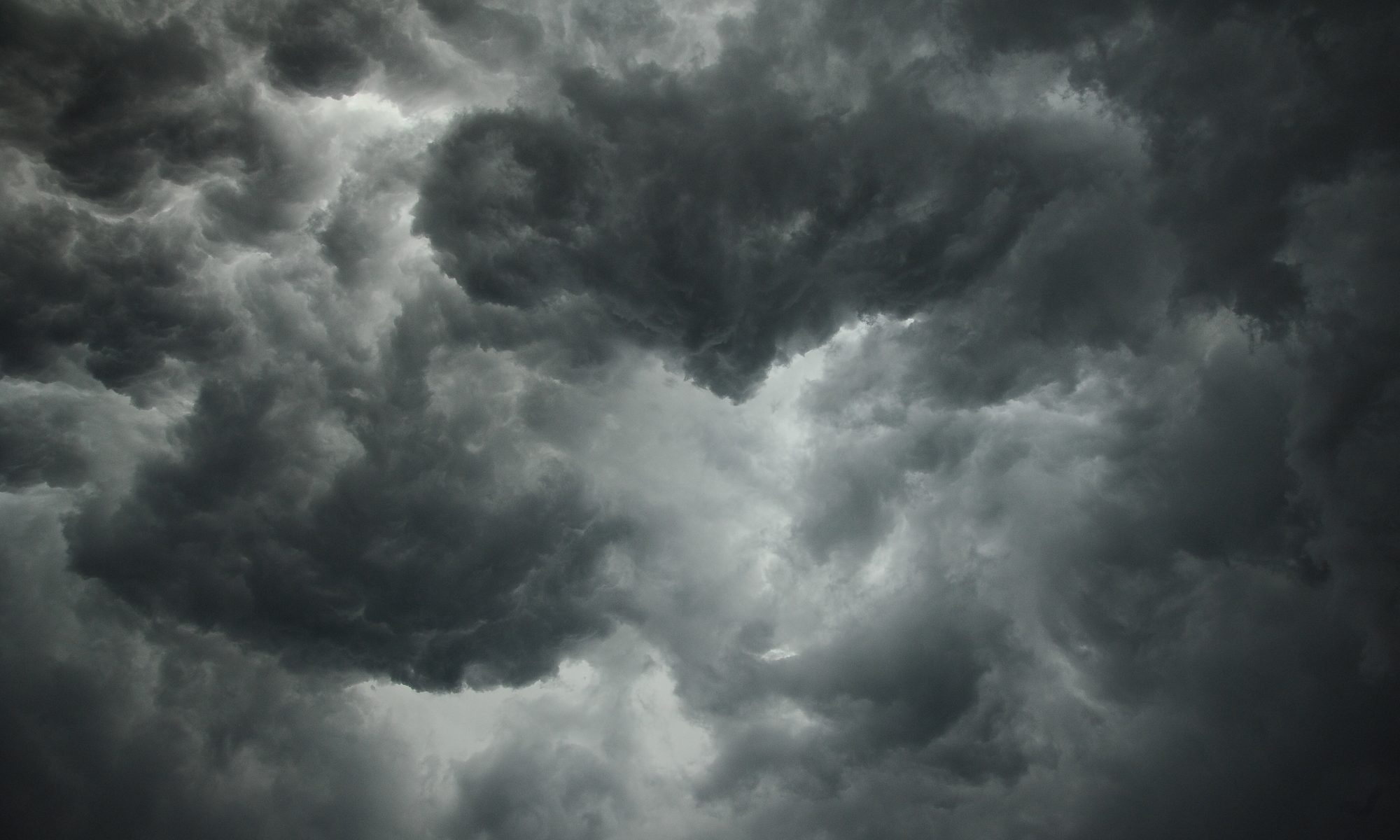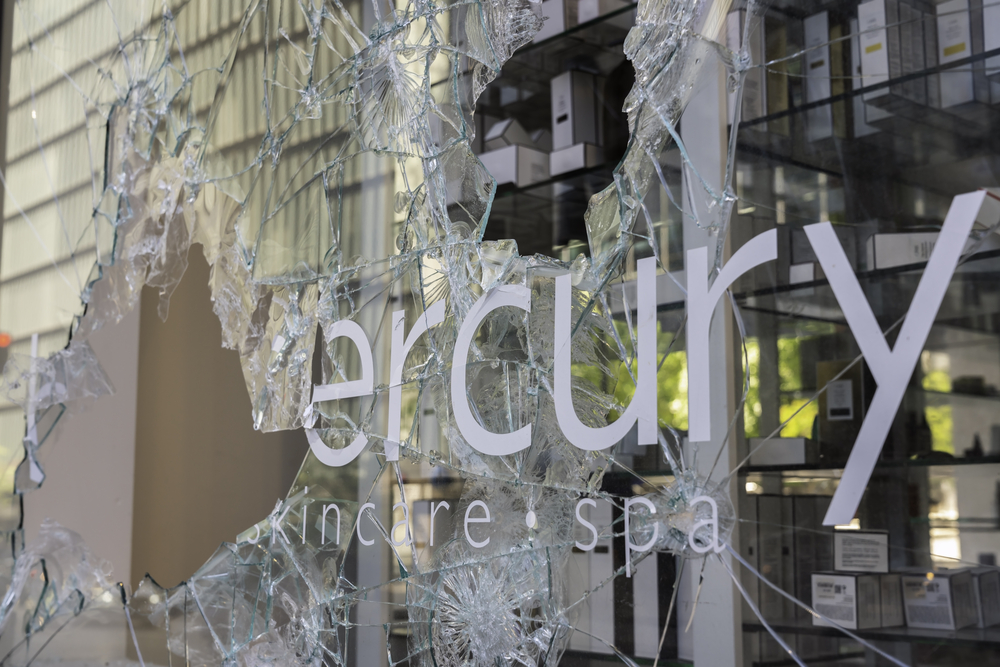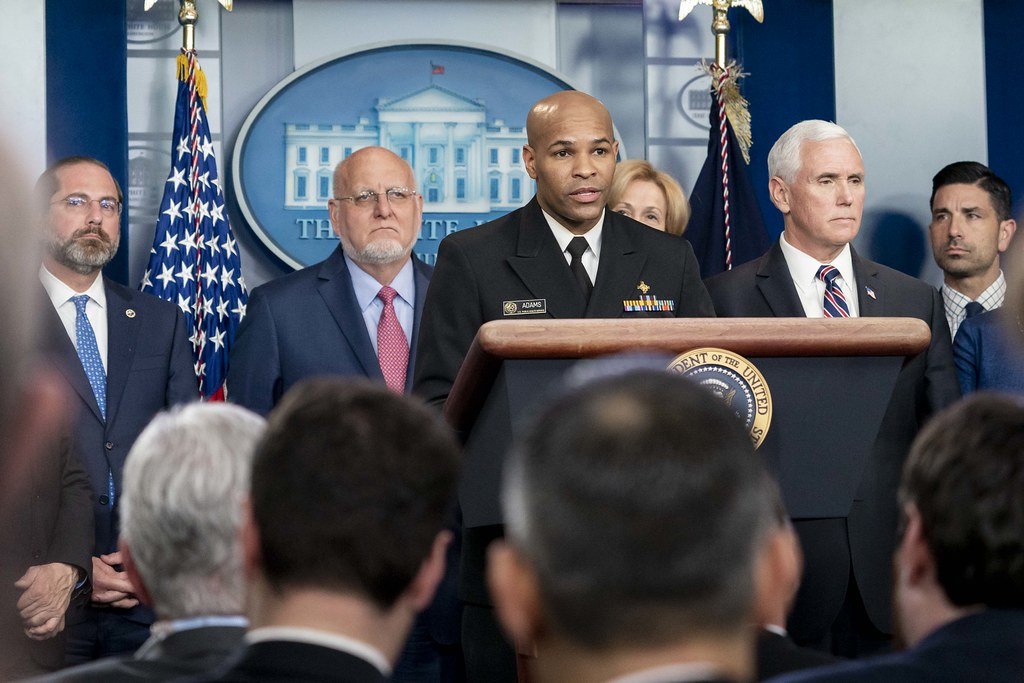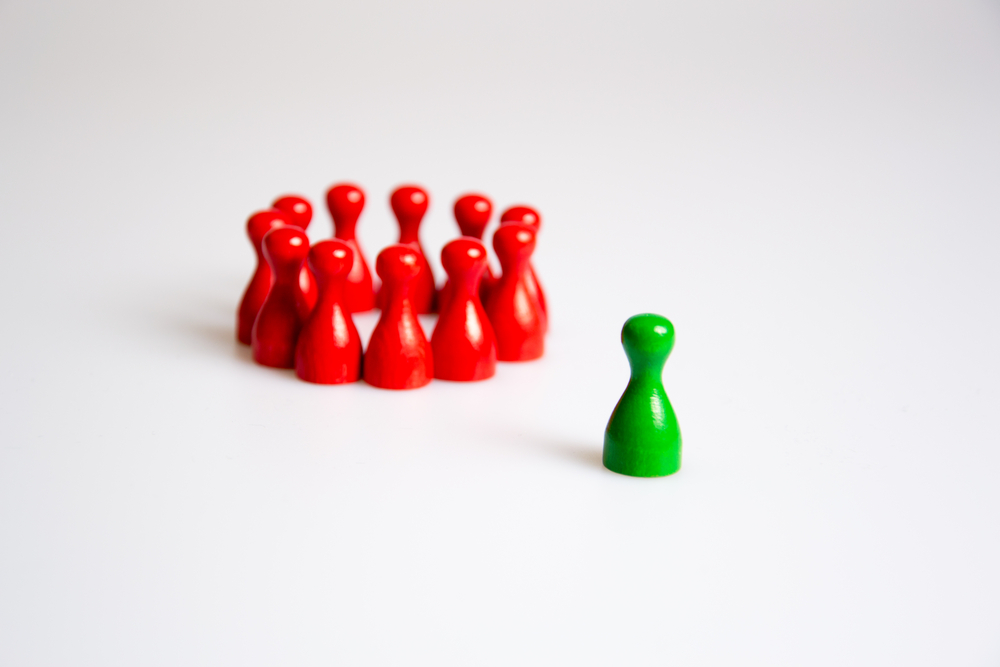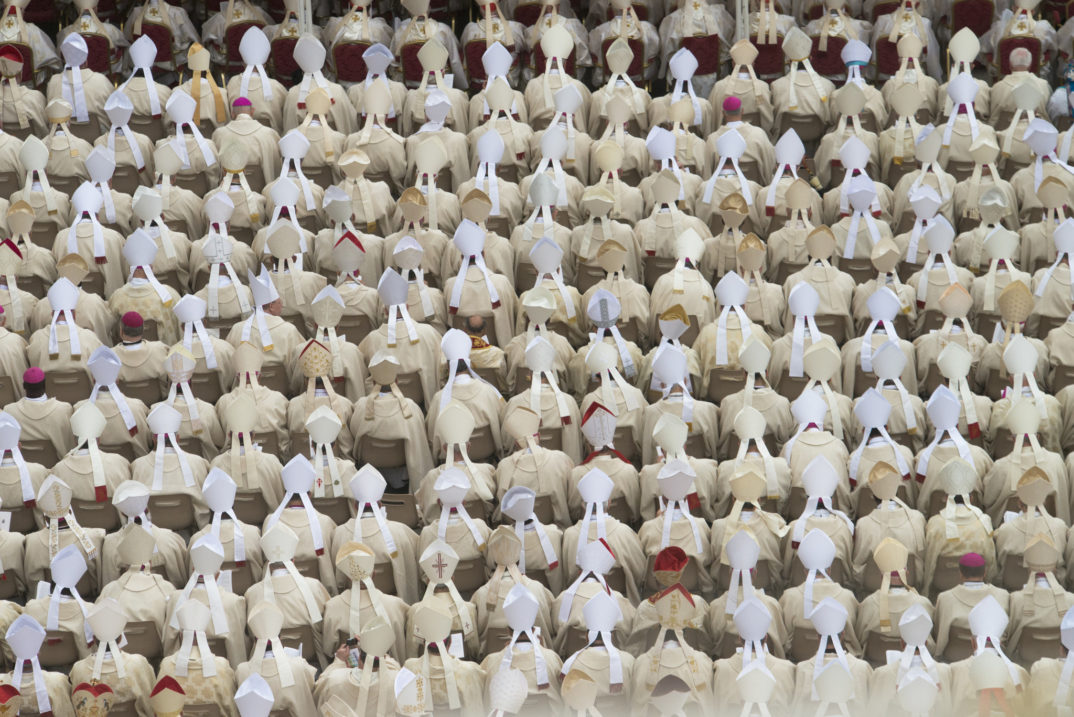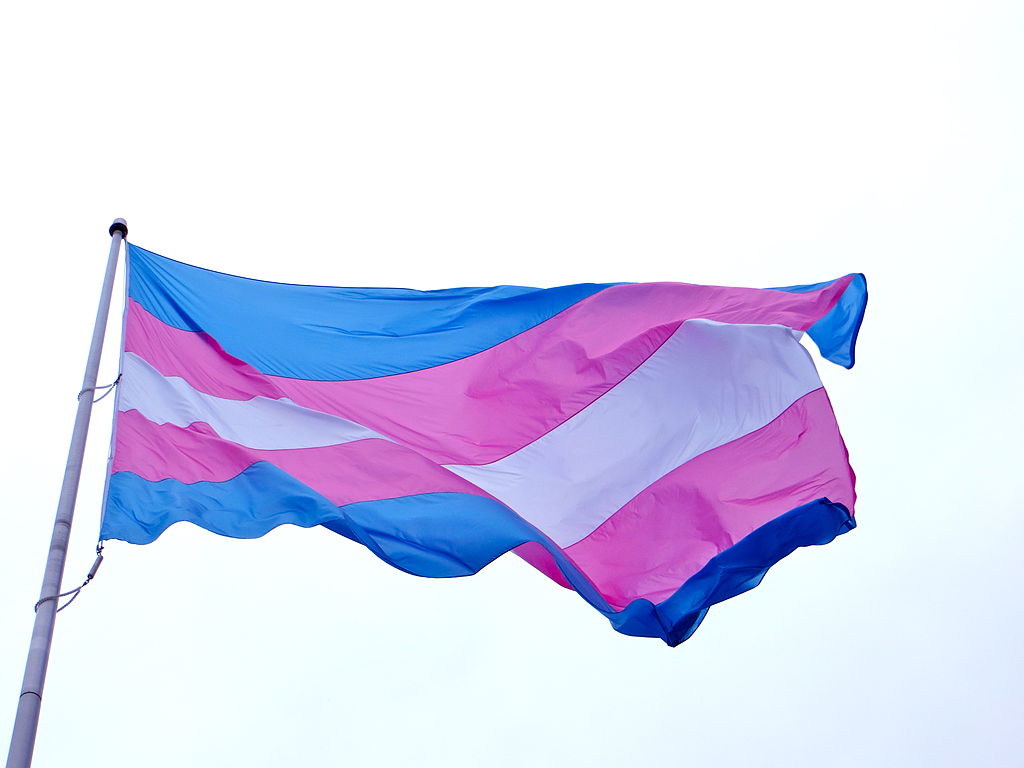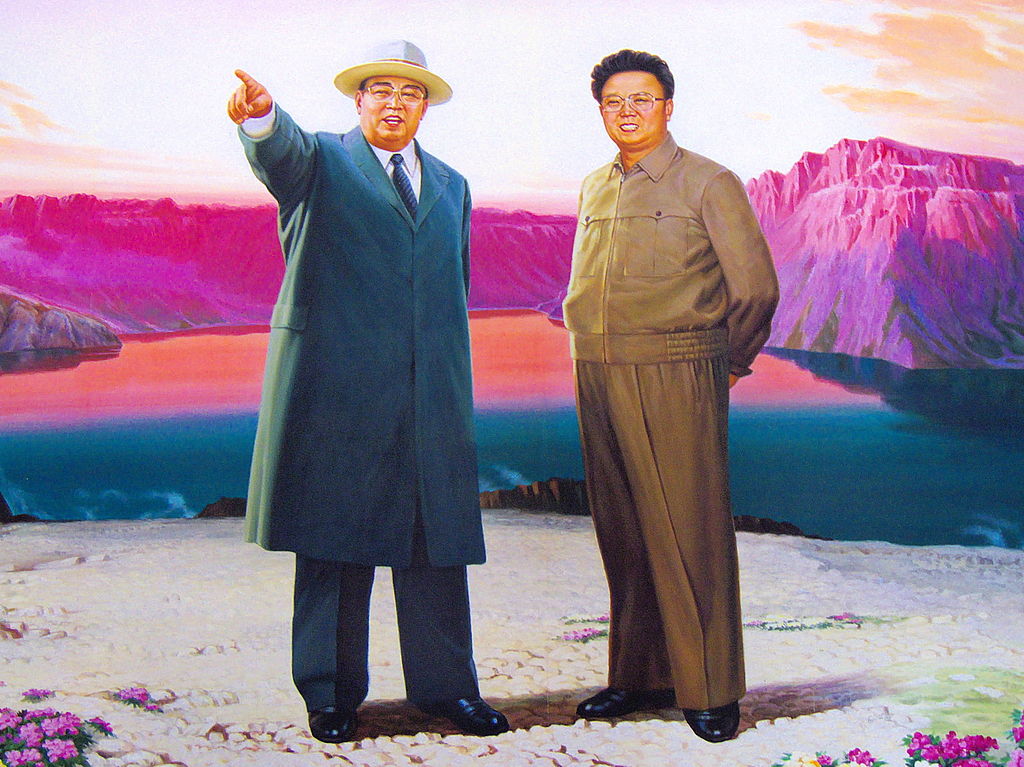Humility is one of the premier virtues. Alongside other virtues like honesty, courage, integrity, and generosity, it is widely accepted that we should all strive to be humble people.
But what if humility isn’t all it’s cracked up to be? Think, for example, of an immigrant who is being harassed by a white supremacist, or a slave who is being ordered around by their oppressor. In these situations, humility seems more like a vice than a virtue. If the immigrant or the slave were humble, wouldn’t this just lead to more control and subjugation?
Despite some popular misconceptions, humility isn’t fundamentally about being servile. Humility doesn’t require being a doormat for whoever wants to take advantage of us. Instead, humility helps us avoid being distracted by our own egos, a trait that is valuable for those from all walks of life.
Humility undoubtedly has its benefits. Being humble can help us learn from others and become aware of our weaknesses. Those who are humble are less likely to make decisions blinded by overconfidence. The world would undoubtedly be a better place if it were filled with humble politicians, leaders, and CEOs.
But humility is not always obviously beneficial. If someone is experiencing domestic abuse, or being gaslit into doubting their own thoughts and feelings, then humility might just make things worse. For a person who is full of doubt or lacks the confidence to advocate for themselves, focusing on their weaknesses and shortcomings is liable to exacerbate those issues.
These examples make it clear why humility can be bad for the marginalized and oppressed. As Frederick Douglass said, “I have met, at the south, many good, religious colored people who were under the delusion that God required them to submit to slavery and to wear their chains with meekness and humility. I could entertain no such nonsense as this.” For Douglass, encouraging humility for slaves, or for other oppressed peoples, is simply nonsensical.
Because of these issues, a number of philosophers have questioned whether humility is actually a virtue. Vrinda Dalmiya, a professor at the University of Hawaii, takes it that humility can “entrench exploitative structures.” And Robin Dillon, professor emeritus at Lehigh University, has argued that humility is not a virtue “inasmuch as humility reinforces subordination.” Maybe we shouldn’t hold up humility as a virtue after all?
Nevertheless, it is clear that humility can sometimes be a virtue. If someone is arrogant, or doesn’t recognize their weaknesses and limitations, then a dose of humility would likely do them some good. As we’ve already discussed, we would all be better off if the privileged and the powerful were a bit more humble.
But is humility a virtue only for the privileged and the powerful? Laura Callahan, a philosophy professor at the University of Notre Dame, has recently made the case that humility can be a virtue for everyone. On her view, humility doesn’t make us a doormat. Instead, being humble sets us free from the distractions of pride.
Think of the most arrogant person you know. That person is likely very into… themselves! They probably think very highly of themselves and, as a result, don’t pay much attention to the strengths, contributions, and ideas of others.
Such arrogance can obviously be a distraction. A continual focus on ourselves and our own egos can pull us away from what we should be paying attention to. If I am obsessed with defending my views and my ego, I can miss valuable insights from others. Constantly thinking about whether I am getting enough credit at work can divert my attention from what I need to get done.
And we all experience a natural temptation to think too well of ourselves. We all start out a bit biased in our own favor. Humility helps to counteract this instinctive attention to self, opening us up to others and helping us focus on what is truly important.
If humility is freedom from the distractions of pride, then being humble is a virtue for everyone. We are better at confronting daily challenges when we are less distracted, and the same is true for those facing various kinds of oppression.
Along with lamenting those that simply accepted slavery, Douglass also regretted that some were distracted by pride: “Slaves are like other people, and imbibe prejudices quite common to others. Many under the influence of this prejudice, think their own masters are better than the masters of other slaves… Indeed, it is not uncommon for slaves even to fall out and quarrel amongst themselves about the relative goodness of their masters.” According to Douglass, the enslaved are made worse off when they are caught up with pride and comparisons.
As bad as it is to be a victim of harassment or domination, it is worse to be distracted by one’s own ego while trying to deal with such pressing hardships. Distracting pride can undercut one’s effort to resist oppression, confirming that humility is a virtue not only for the privileged and the powerful but also for the oppressed. Humility doesn’t make us into people that think we are worthless. Rather, it reveals to us that there are many other things worth thinking about.


